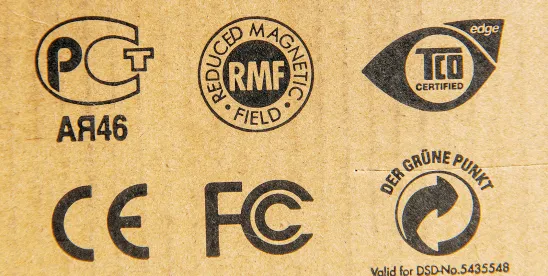The Federal Communications Commission’s Wireless Telecommunications Bureau (Bureau) recently granted the University of Utah a conditional waiver of the FCC’s security and equipment authorization requirements. The conditional waiver allows the University to use an “experimental sand box” it terms POWDER (short for Platform for Open Wireless Data-driven Experimental Research) to test new, innovative wireless spectrum systems and applications involving unlicensed broadband spectrum in the Citizens Broadband Radio Service (CBRS).
The waiver provides a useful roadmap for other research universities who similarly are considering experimental test beds for wireless innovation and research involving broadband spectrum.
CBRS
The CBRS band is managed by a sharing regime in which Spectrum Access Systems (SASs) coordinate access among three tiers of users in the 3.55-3.7 GHz band (3.5 GHz band): (1) incumbents (federal radar systems and grandfathered fixed satellite service operations); (2) holders of Priority Access Licenses (PALs); and (3) unlicensed General Authorized Access (GAA) users. This tiered sharing regime enables the CBRS band to be used for licensed and unlicensed commercial use while protecting incumbent users from harmful interference. Specifically, Citizens Broadband Radio Service Devices (CBSDs) are subject to various requirements to ensure that SASs can protect incumbent users and PAL licensees from interference from unlicensed GAA use.
POWDER Platform
POWDER is a research tool operated by the University of Utah in partnership with Salt Lake City, Utah, and the Utah Education and Telehealth Network. The platform is comprised of both fixed and mobile radio systems, including software-defined radios (SDRs). The University has held program FCC experimental licenses, which allow it to operate POWDER on campus and in the “Salt Lake City Innovation Zone,” an area of approximately four square miles that includes the University campus, a small portion of downtown Salt Lake City, and a corridor connecting the campus to downtown. These types of program experimental licenses are only available to certain colleges and universities, manufacturers, and other qualified institutions. Such licenses require a “stop buzzer” point of contact who can address interference concerns from other users, with the ability to cease all transmissions immediately if interference occurs.
Waiver
The University of Utah requested a waiver of the FCC’s rules to allow POWDER to operate in the CBRS band because spectrum that is available on an experimental, non-interfering basis is too limited for POWDER’s mid-band studies. As such, the University requested that the Commission waive its rules to allow it to use SDR equipment to interact with the CBRS SAS within the Salt Lake City Innovation Zone as a GAA user with radio equipment that would not otherwise be authorized to be operate in the band.
The Bureau found that the University’s waiver request is in the public interest, and that the experiments the University is conducting using POWDER may inform the development of new wireless technologies, including innovative approaches to spectrum management. Additionally, the Bureau determined that the University’s proposed operations will minimize security and interference risks because POWDER is confined to users that receive University authorization, such users operate only in Salt Lake City, and the University’s proposed conditions minimize security concerns that may otherwise arise from the waiver. The Bureau further concluded that requiring the University to request FCC equipment authorization for the devices to be tested by POWDER, as would typically be required by section 96.49 of the FCC’s CBRS rules, would be unduly burdensome.
As the FCC continues to reshape the CBRS band, this waiver illustrates the ability of higher education institutions to utilize the CBRS band for innovative research. Using the approach laid out in the waiver, other institutions now have a roadmap on how to utilize the CBRS band to research and develop new wireless technologies, without having to go through the equipment authorization process for wireless devices being tested.





 />i
/>i
